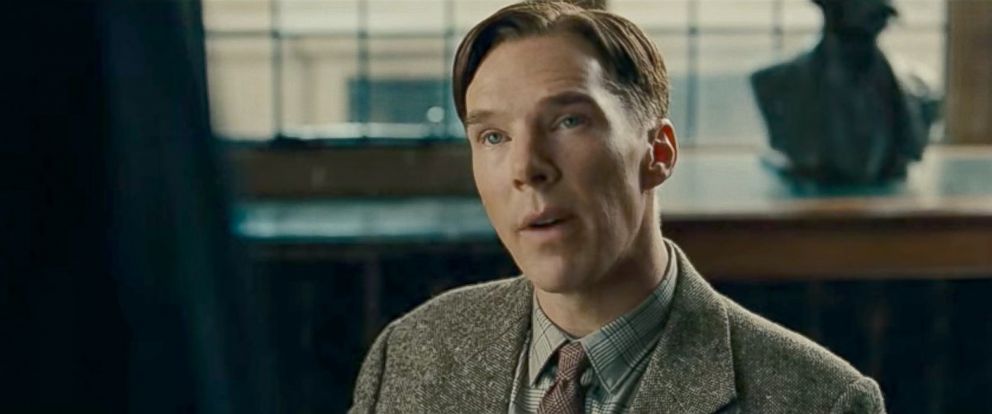'The Imitation Game': A Look at the Life and Legacy of Alan Turing
Benedict Cumberbatch plays the famed computer scientist in "The Imitation Game."
— -- Sixty years after his death, Alan Turing is back in the public eye.
Turing, a British mathematician who helped defeat the Nazis by cracking their codes, is played by Benedict Cumberbatch in the film "The Imitation Game," which is released today.
Even if this is the first time you've heard Turing's name, chances are you've already experienced his impact.
The "Turing Machine" was the first modern computer to logically process information, running on interchangeable software and essentially laying the groundwork for every computing device we have today -- from laptops to smartphones.
Turing also predicted that computers would keep getting smarter. In 1950, he devised an artificial intelligence test that asks, "Can machines think?"
Known as the "Turing Test," it investigates whether people can detect if they are conversing with a human or a computer. In order to pass, a computer must be mistaken for a human by 30 percent of judges during a series of five-minute keyboard conversations.
Earlier this year, an artificially intelligent "teenager" became the first computer to pass the test by successfully duping enough judges into believing they were conversing with a real human, according to the University of Reading, which organizes the annual event.

Despite his tremendous contributions to computer science and his role in the war effort, Turing was arrested and charged under a law that criminalized homosexuality in the United Kingdom.
As part of a deal to avoid prison time, Turning agreed to be injected with female sex hormones. He died on June 7, 1954 -- believed to be a suicide by eating an apple poisoned with cyanide.
He was posthumously pardoned last year by Queen Elizabeth II.




